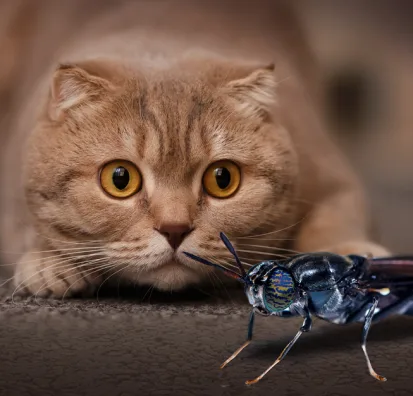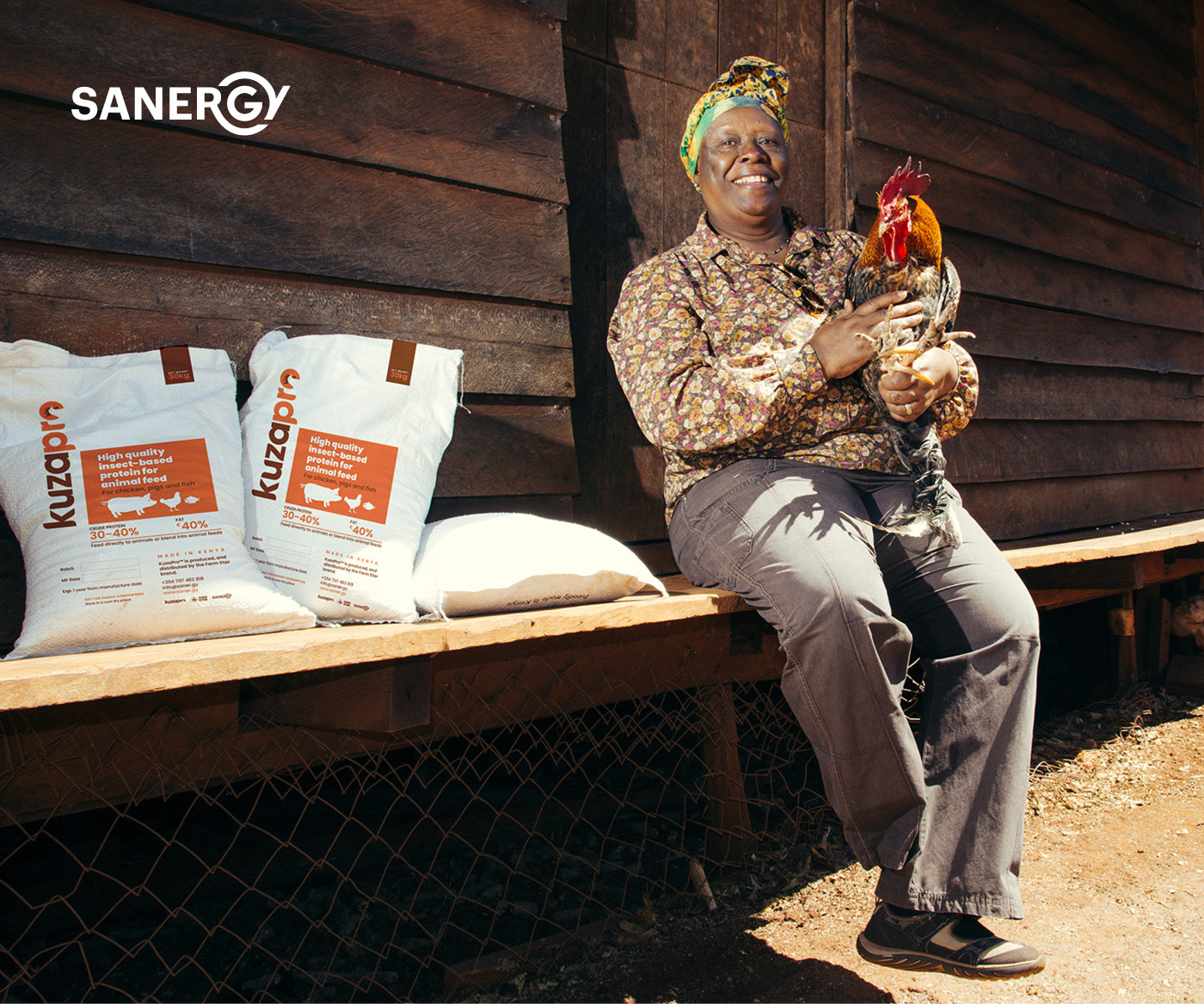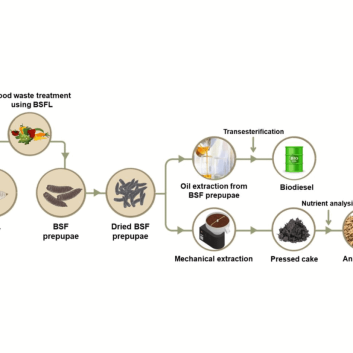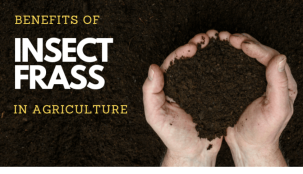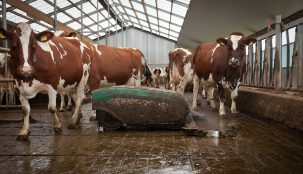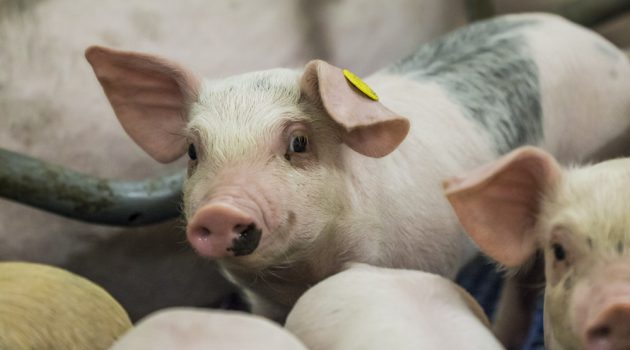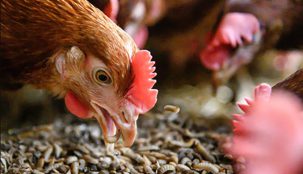Black soldier fly: the future of pet foods
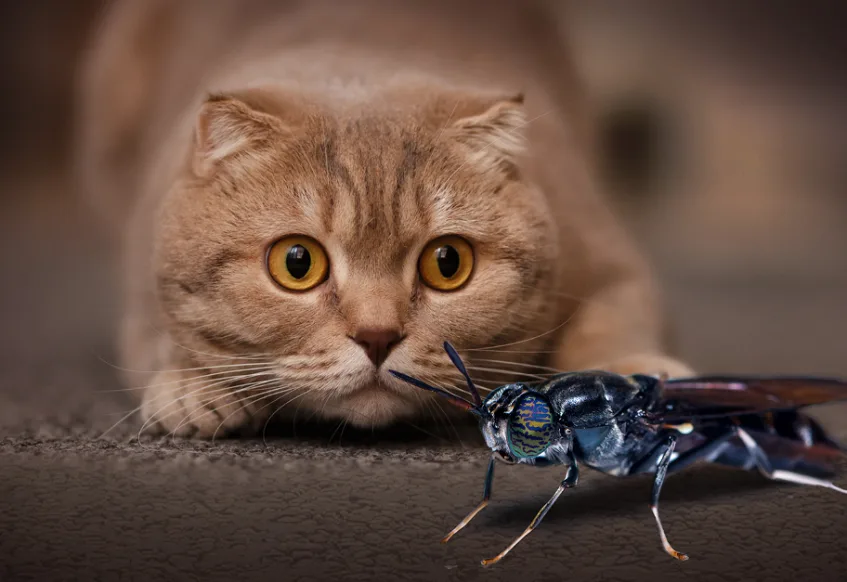
We often hear that if we want to save the planet, we need to start eating insects.
Insect production requires far less food, water, and space compared to livestock, and has a much smaller carbon footprint. Like many of us, I’m a little hesitant to sink my teeth into an insect burger just yet, but what about our pets? Palatability trials with dogs show that they favor food containing black soldier fly protein and oil every time – and it’s healthy too.
Hermetia illucens, also known as black soldier fly (BSF), is the only insect species currently commercially viable for pet food applications. I strongly believe that BSF-derived ingredients can help us make the pet food industry more sustainable – and meet the increasing animal protein demand in the coming years. The pet food industry simply cannot rely on abundant amounts of traditional animal protein from side streams of meat production if there isn’t enough meat to feed humans.
Fighting climate change with insects
Traditional meat production is recognized as one of the leading causes of climate change. Besides the large carbon footprint of the industry itself, cows also produce methane, which is one of the strongest greenhouse gases. Insects suitable for use in pet food produce no methane at all and growing them requires a fraction of the food, water, and land resources. BSF larvae, for example, are grown in their natural habitat in Vietnam using controlled vertical farming systems with a high protein yield per square centimeter.
Black soldier fly as a pet food ingredient
BSF is not only a more sustainable alternative but is also healthier and more nutritious than mainstream sources of animal protein, such as beef, pork, chicken, or even fish. BSF larvae are a source of high-quality protein and other nutrients, including essential amino acids, unsaturated fatty acids, minerals, and vitamins. Dried and frozen BSF larvae can be used in pet food applications directly, or further processed into BSF meal and BSF oil.
Health benefits of black soldier fly
The high-quality protein and other nutrients in BSF larvae are expected to offer specific benefits to the health and wellbeing of cats and dogs. Preliminary research indicates that BSF larvae and BSF meal have excellent anti-inflammatory, antimicrobial, and hypoallergenic properties. BSF larvae-derived ingredients also contain the polysaccharide chitin, which is the primary component of the developing exoskeletons. As the indigestible fraction of the larvae, chitin functions as prebiotic dietary fiber, which supports good gut health and acts as an effective reinforcement against digestive disorders.
Green light for approval
Black soldier fly is a safe species for use in pet food. BSF larvae, metal, and oil have been approved for use in pet food in Europe for a number of years. I’m very happy that pet food manufacturers in the United States can also now start using these novel ingredients in dog food and treats. This was made possible recently when AAFCO (Association of American Feed Control Officials) voted to include adult dogs among the animals for which whole dried BSF larvae, BSF meal, and BSF oil are suitable. AAFCO approval of BSF ingredients for use in cat food is expected in 2022.
Potential of BSF larvae and BSF meal
So, what does the future hold for the use of insects in pet food? Personally, I support the main conclusion of a 2021 report by the Dutch Rabobank on trends in the pet food industry and those relating to the increasing future demand for insect protein. The report says that because of the sustainability aspects and functional benefits, there is great potential to develop specialized ingredients and products from insect protein for a variety of applications. Pet food is predicted to become the second largest consumer of insect protein production by 2030, surpassed only by aquaculture.
April 25, 2022
©Geert van der Velden
Full article can be read here: www.iqi-petfood.com
